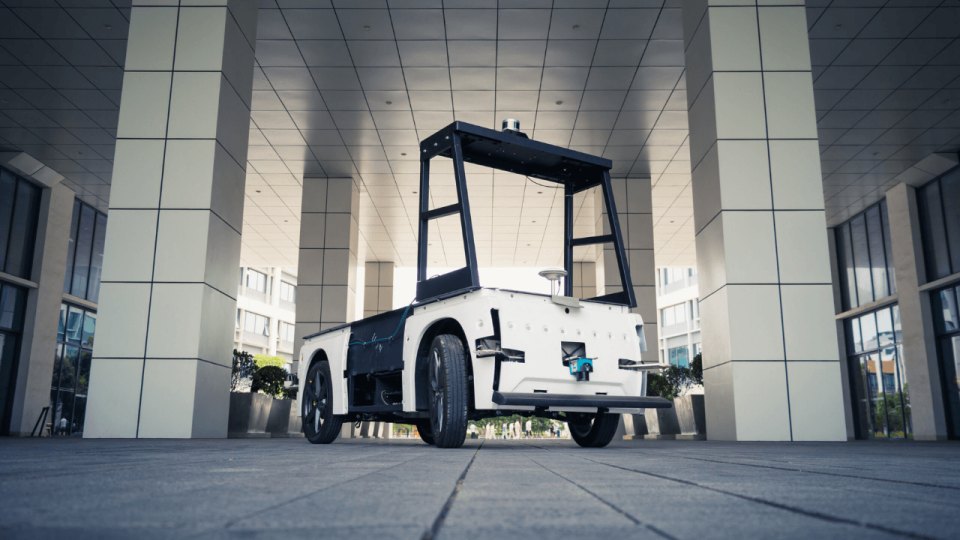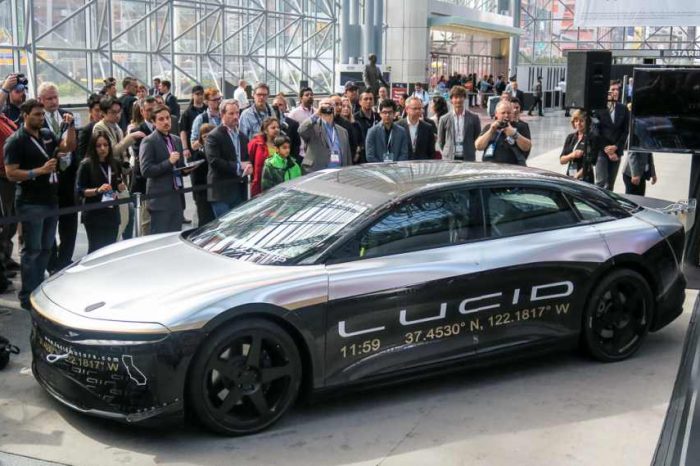Self-driving tech startup Venti raises $28.8 million in funding to accelerate growth

While all eyes are on artificial intelligence, self-driving tech startups are quietly making moves and the space is booming as investors pour billions of dollars into autonomous startups. The latest is self-driving startup Venti Technologies which recently raised millions to speed up the growth of its autonomous vehicle (AV) business for customers in the logistics and supply chain industry.
Today, Venti announced it has raised $28.8 million in Series A funding from prominent investors including LG Technology Ventures, the venture capital arm of LG Corp unit LG Group, and UOB Venture Management, the venture capital arm of Singapore’s United Overseas Bank.
Founded in 2018 by a number of Massachusetts Institute of Technology (MIT) alumni, including CEO Heidi Wyle., Venti develops autonomous technology for cargo and freight transportation. Already generating revenue, Venti has been developing self-driving for vehicles over the past three years at one of the world’s largest container ports in Singapore.
In a statement, CEO Heidi Wyle told Reuters that the company will deploy dozens of entirely self-driving vehicles. For now, the company’s focus is on developing a fully autonomous system for last-mile logistics that will enable cargo vans and trucks to navigate streets and deliver goods without human intervention.
However, Wyle said that the company will concentrate on developing autonomous vehicles (AVs) specifically for ports, airports, warehouses, factories, and depots. These environments have fewer pedestrians and are relatively simpler to automate.
Venti’s self-driving technology incorporates a combination of sensors, machine learning algorithms, and artificial intelligence to enable its vehicles to navigate complex urban environments, detect and avoid obstacles, and make real-time decisions. The company aims to offer a cost-effective, safe, and efficient solution for last-mile logistics, which is a critical and rapidly growing segment of the logistics industry.
Venti has already gained recognition for its innovative approach to autonomous vehicle technology. In 2019, the company was named one of the “50 Most Innovative Companies” by Fast Company, and it has also received funding and support from several notable investors, including Volvo Group Venture Capital, SAIC Capital, and Plug and Play. The company is headquartered in San Francisco, California, and continues to develop and test its autonomous technology in the United States and China.
According to her, the firm has developed technology that can accurately park 45-foot (13.72 m) trucks with trailers down to one inch (2.54 cm).
“The problem we are solving is 10,000 times simpler mathematically and computationally than downtown San Francisco,” Wyle said.
While developing fully self-driving vehicles has proven more difficult and costly than initially anticipated, investors continue to support startups that focus on simpler self-driving solutions for environments far from pedestrians and human-operated vehicles.
Given the delays experienced by robotaxi companies in rolling out self-driving cars, customers and investors now demand evidence of technology efficacy. In September 2022, Venti was required to conduct a driverless pilot run at the Singapore port for a highly demanding customer to demonstrate the technology’s capabilities.




